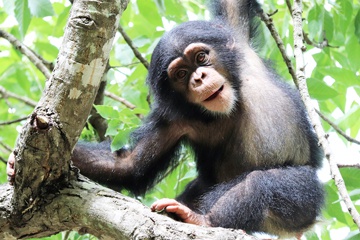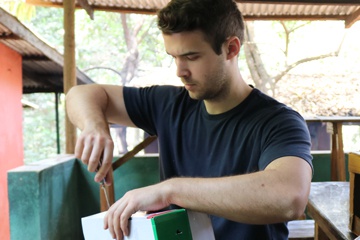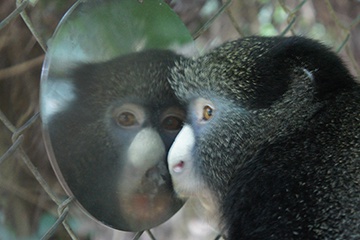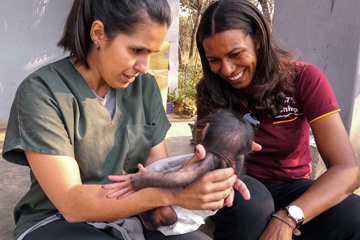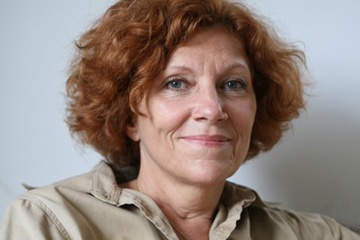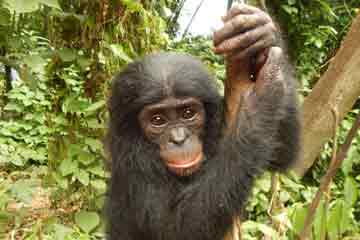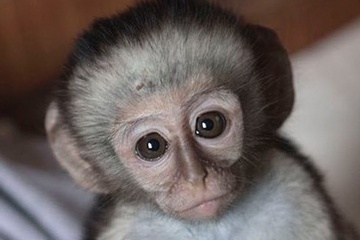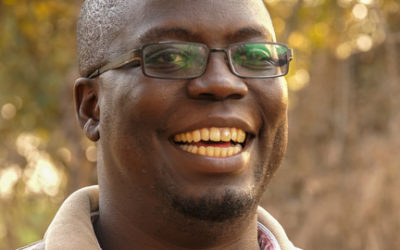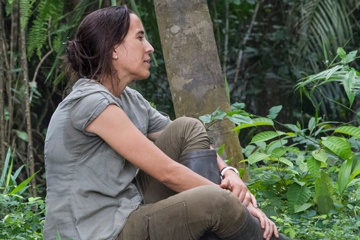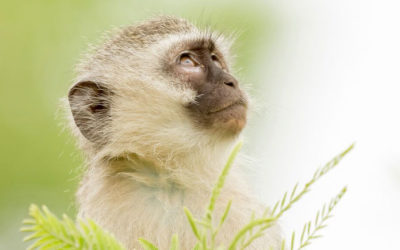Sanctuaries Unaffected by Political Unrest
in Democratic Republic of Congo
Tensions Remain High As At Least 26 Protesters Are Killed
By Natasha Tworoski
Tensions have been high this week in the Democratic Republic of Congo, as December 19th marked the end of President Kabila’s second presidential term. The DRC constitution states a president can only serve two terms, but Kabila has been stating for over a year that it would not be possible to organize an election until 2018. Despite international pressure from the United States and European Union, the current government in DRC has remained firm that Kabila will not be stepping down at this time.
The Democratic Republic of Congo has never had a peaceful transition of power. Many are concerned that by remaining in office, President Kabila can trigger another international war like the brutal conflict that ravaged the country from 1996 to 2003, when millions were killed.
On Tuesday, at least 26 Congolese people were killed by government troops while protesting in major cities of DRC, including the capital of Kinshasa. A strong military presence, as well as a ban on protesting, has forced most citizens to stay home, with businesses and schools closing for the immediate future. The number of protestors injured and arrested remains unknown, but is believed by human rights organizations to be very high. Government shutdown of most social media within the country has prevented citizens from reaching out to the international community.
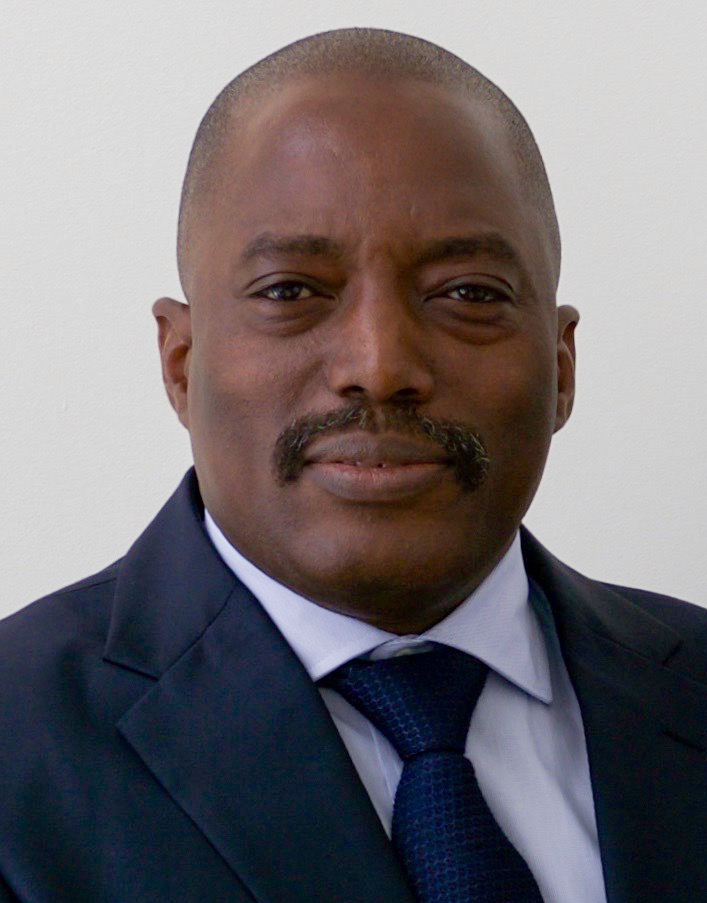
Protests in many cities, including Kinshasa, have led to 26 deaths since President Kabila of the Democratic Republic of Congo refused to step down after his term ended.
Opposition leaders continue to encourage peaceful protests and remain hopeful that an election can be arranged early in 2017. Opposition leader Freddy Mbuyamu Matungulu is insistent that an intermittent leader must step in for now and that Kabila should step down immediately.
There are three PASA member sanctuaries located throughout the DRC. At this time, all three are believed to be safe and continuing to provide life-saving care to great apes and monkeys who were rescued from the illegal wildlife trade and the bushmeat trade. Our thoughts are with them.
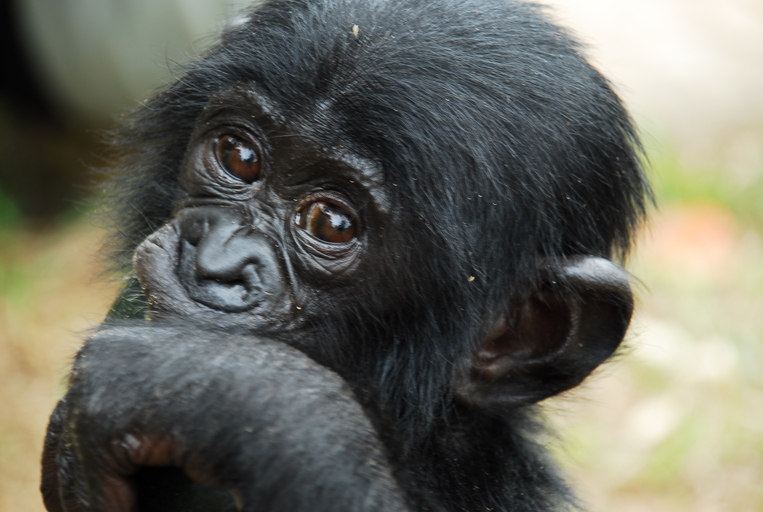
The Democratic Republic of Congo is the only country is the world where bonobos, a great ape species closely related to chimpanzees can be found. The country is also home to eastern gorillas and chimpanzees.
Next Posts
Hope for Baby Tita
Poachers tried to take everything from Tita. Against all odds, she thrived.
Visiting Tacugama: An Unexpected Paradise
PASA volunteer, Matt Brunette, visits Tacugama Chimpanzee Sanctuary in Sierra Leone – and lives to tell the tale!
Bringing Out the Wild
How Caroline Griffis helps PASA’s primates maintain their natural behaviors despite their traumatic pasts.
Strengthening Our Community Through Collaboration
PASA’s annual Strategic Development Conference brings our alliance together to work on protecting Africa’s endangered and threatened primates.
A Reflection on Claudine Andre, a Hero for Bonobos – Part II
In 2002, Andre opened Lola ya Bonobo, “Paradise of the Bonobos,” located just outside Kinshasa.
A Reflection on Claudine Andre, a Hero for Bonobos – Part I
Her pioneering work showed that bonobos are extremely affectionate and highly dependent on physical contact to maintain close social bonds.
Pests: One Man’s Pest is Another Man’s Protected Species?
Exploring the conservation and management of “pest” species.
Building Leadership Across Africa’s Sanctuaries
How PASA’s Leadership Development Grant is changing the game for sanctuary staff.
PASA Sanctuary Director Receives Recognition from Jane Goodall
PASA member sanctuaries are led by incredible individuals, who are pioneers in their field.
Why Monkeys Don’t Belong in Your Living Room
Baby chimpanzees aren’t the only primates that are targeted in the pet trade.

